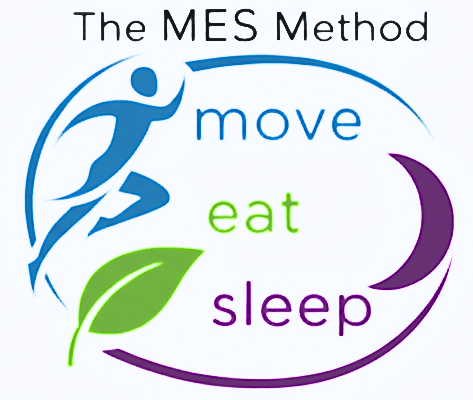Hey there, awesome to see you! Ready to make some positive changes together?
Getting to a healthy weight isn’t just about what’s on your plate or how often you hit the gym. It’s often a deep dive into why we’ve been struggling in the first place. When I was on my own journey, I had to be honest with myself about the real reasons I was carrying an extra 40kg. It wasn’t just the late-night pizza; it was the stress, the mindset, and the habits I’d built over years.
Drawing from a Reddit discussion on the Subreddit r/loseit, it’s clear that this is a shared experience. Thousands of people are grappling with the same questions, and their honest, open responses reveal a lot about the common obstacles we all face. Let’s break down some of the most common reasons people identified.
The Psychological & Emotional Toll
For many, the physical act of eating is a symptom of a deeper, emotional issue. This was a huge one for me. I used food as a crutch, and it’s something I still have to be mindful of.
- Emotional Eating: Many people in the discussion mentioned using food to cope with stress, boredom, anxiety, depression, and loneliness. It’s an easy, quick way to feel better in the moment, even if it has negative long-term consequences.
- Mental Health Struggles: Issues like depression, anxiety, and ADHD were frequently cited as underlying causes. These conditions can sap your motivation and make it incredibly difficult to stick to a healthy routine, leading to a reliance on comforting, often unhealthy, foods.
- Lack of Self-Worth: A number of users talked about a feeling of not being worthy of a healthy body or a better life. This can create a cycle where you don’t prioritize your own well-being.
- Unhealthy Relationship with Food: Some learned that food was a reward, a comfort, or a way to celebrate from an early age. This deeply ingrained mindset makes it hard to see food as simply fuel.
For more tips on how to manage stress without turning to food, check out our post Mindful Eating for a Happier You.
The Habit & Lifestyle Factors
Our daily routines and habits, often developed over years, play a massive role in our weight. Changing them can feel like an uphill battle, but it’s where the real transformation begins.
- Sedentary Lifestyles: The nature of many modern jobs, sitting at a desk for 8+ hours a day, was a major theme. Combine this with long commutes, and physical activity becomes a rarity.
- Poor Sleep Quality: A lack of sleep was mentioned repeatedly. When we’re tired, our body’s hunger hormones get out of whack, making us crave high-carb, high-sugar foods. It’s also hard to find the energy to work out.
- Fast-Paced Life & Convenience Food: People are busy. Grabbing a quick, calorie-dense meal is often easier and cheaper than preparing a healthy, home-cooked one. This reliance on processed foods adds up quickly.
- Social & Environmental Factors: Many noted that their social circles revolved around eating out or drinking. The environment we’re in can either support or hinder our health goals.
The Lack of Knowledge & Skills
Sometimes, the problem isn’t a lack of willpower, but a lack of a clear plan or understanding of how the body works.
- Misunderstanding of Calories: A common thread was the simple fact that people were eating more calories than they were burning without even realizing it. They might be eating “healthy” foods but in large portions.
- Lack of Cooking Skills: Knowing how to prepare simple, delicious, and healthy meals is a game-changer. Without this skill, it’s easy to fall back on restaurant food and pre-packaged meals.
- No Long-Term Strategy: Many users reported trying a diet for a short period and then falling back into old habits. The discussion highlighted the need for a sustainable, long-term approach rather than a quick fix.
I remember feeling overwhelmed by a lot of these factors myself. The key for me was to stop seeing them as personal failures and start seeing them as problems I could solve, one step at a time. It’s about being kind to yourself while also holding yourself accountable. It’s a journey, not a race.
You can find more information on the science of emotional eating and stress management from this article from the National Institutes of Health (NIH).

